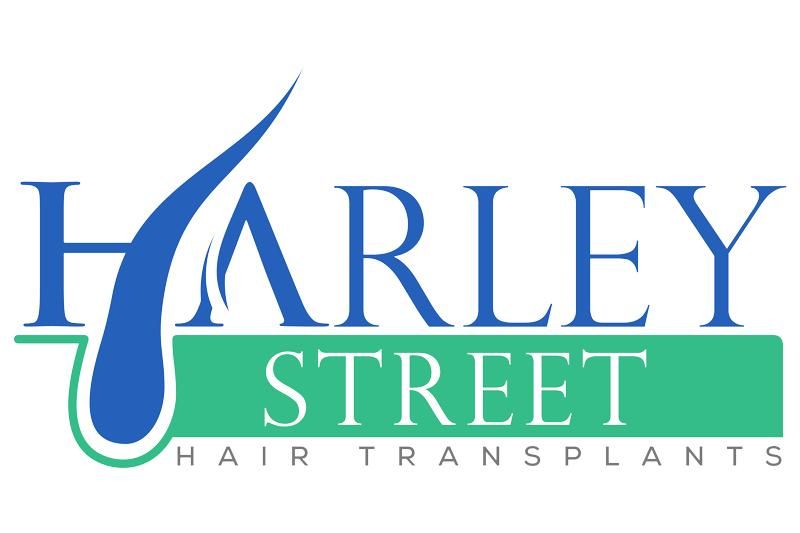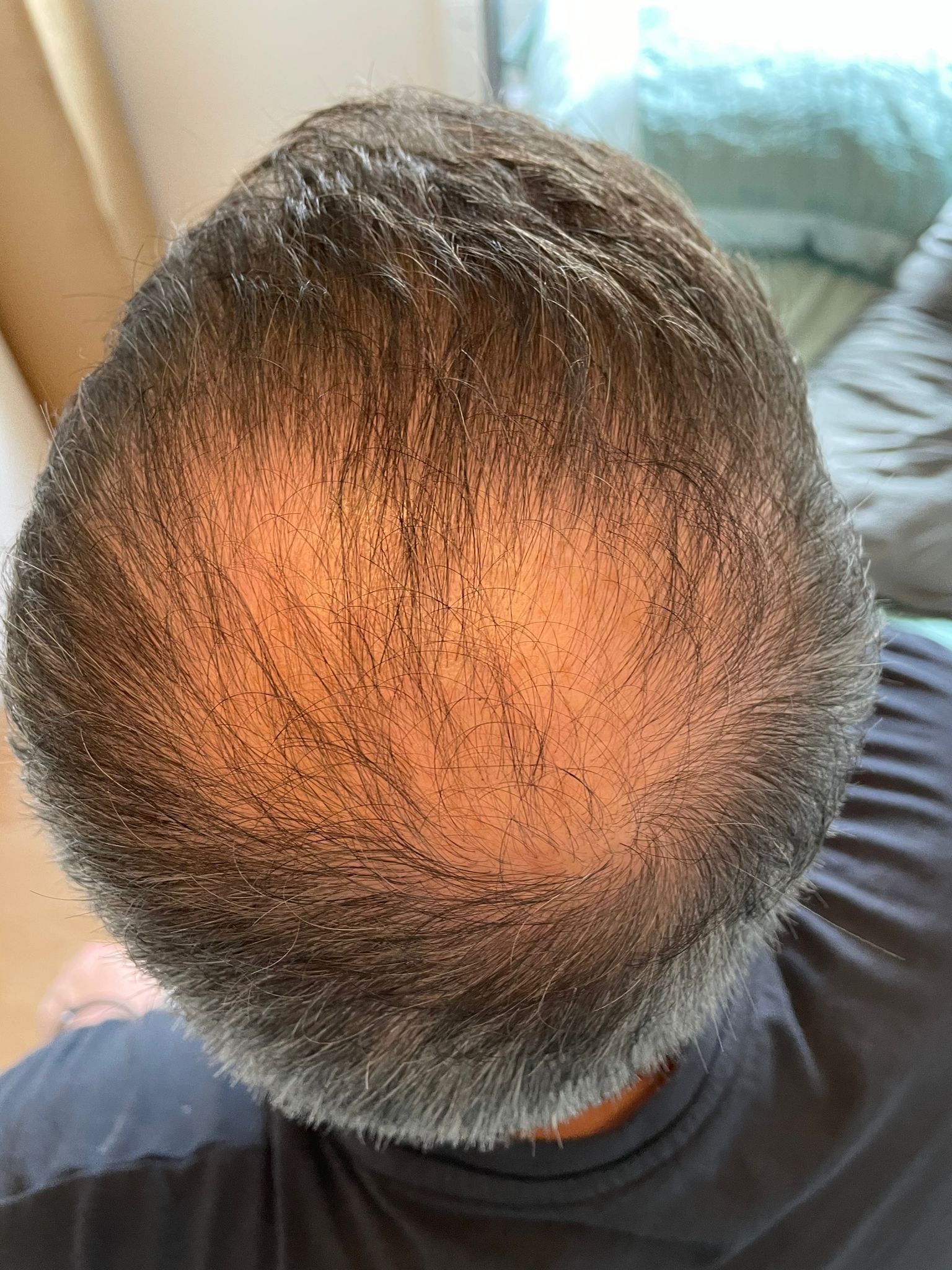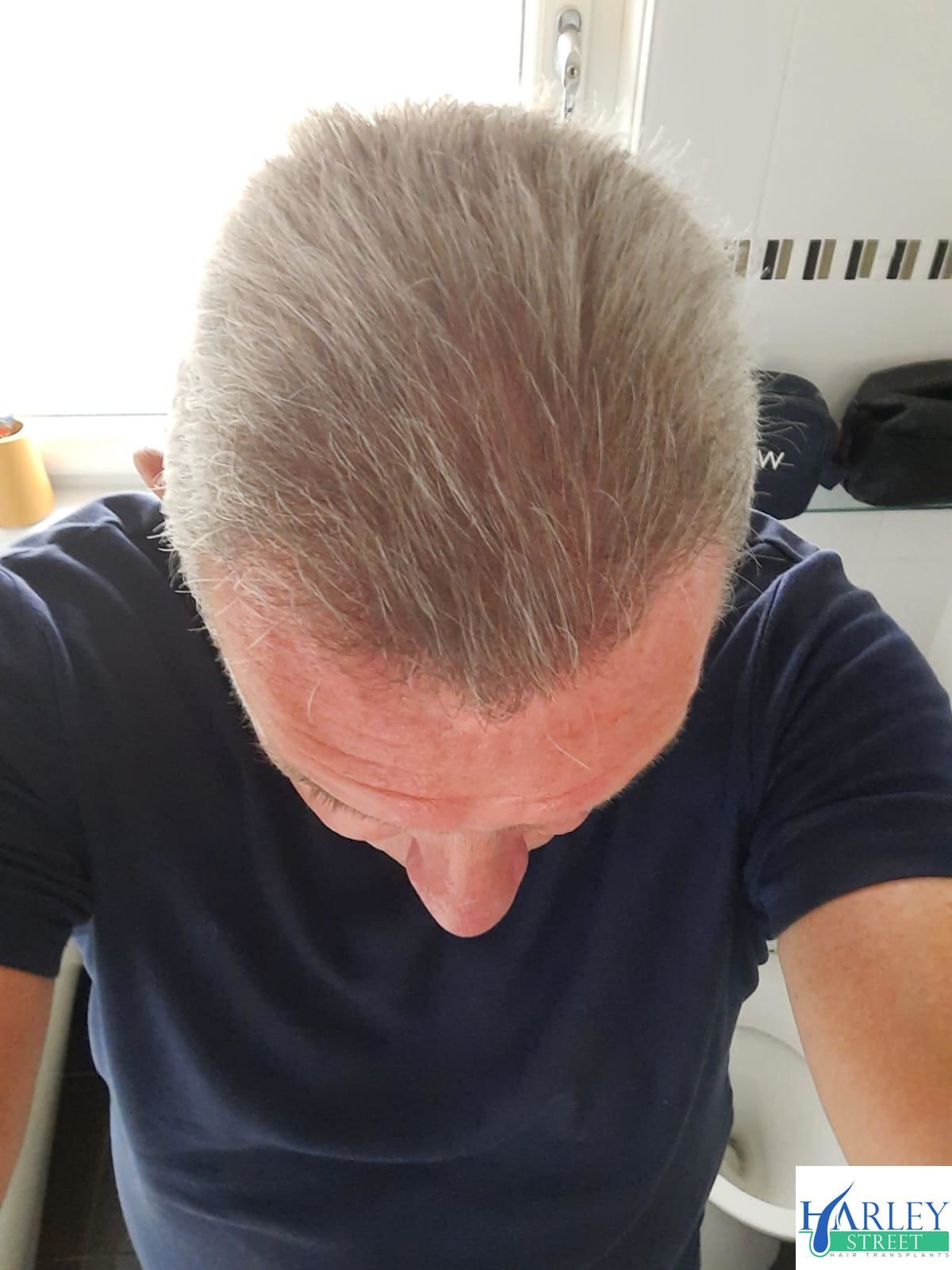Crown Hair Transplants In Edinburgh
Crown hair loss is a common problem that affects many men and women. Fortunately, there are several options available to address this issue, and one of the most effective is a crown hair transplant. At our hair transplant clinic in Edinburgh, we offer advanced hair restoration services, including crown hair transplants, using the latest techniques and technology.
A crown hair transplant involves the extraction of healthy hair follicles from the donor area, typically the back of the scalp, and transplanting them to the crown area. The procedure is performed under local anesthesia, ensuring that the patient is comfortable throughout the surgery. Our team of experienced hair transplant specialists uses follicular unit extraction (FUE) or follicular unit transplantation (FUT) techniques, depending on the individual's hair loss pattern, hair quality, and their specific needs.
One of the key advantages of a crown hair transplant is that it can restore a fuller, more natural-looking head of hair. The transplanted hair follicles are carefully placed to ensure that they blend seamlessly with the existing hair and mimic its natural growth pattern. As a result, the new hair growth in the crown area looks and feels completely natural.
In addition to its aesthetic benefits, a crown hair transplant can also help boost a person's confidence and self-esteem. Hair loss, particularly in the crown area, can be a significant source of anxiety and self-consciousness for many people. Restoring a full head of hair can help improve one's overall appearance and enhance their quality of life.
At our hair transplant clinic in Edinburgh, we are committed to providing our patients with the highest level of care and support throughout their hair restoration journey. From the initial consultation to the post-operative period, we work closely with our patients to ensure that they achieve the best possible results and feel confident and comfortable throughout the process.
What is a crown hair transplant?
A crown hair transplant is a hair restoration procedure that is designed to address hair loss on the crown of the scalp. The crown, also known as the vertex, is the area located at the top of the head where the hair naturally swirls. Hair loss in this area can be caused by various factors such as genetics, aging, hormonal changes, and medical conditions. A crown hair transplant involves taking hair follicles from a donor site, typically from the back or sides of the head, and transplanting them into the balding area of the crown. The procedure is performed under local anaesthesia and can take several hours to complete depending on the extent of hair loss and the number of grafts needed.
What causes a crown hair transplant?
Hair loss on the crown, also known as the vertex, can be caused by a variety of factors. One of the most common causes is male pattern baldness, which is a hereditary condition that affects both men and women. Male pattern baldness is caused by the hormone dihydrotestosterone (DHT), which causes hair follicles to shrink and produce shorter, thinner hair until they eventually stop producing hair altogether. Other factors that can contribute to hair loss on the crown include aging, hormonal changes, medical conditions such as alopecia areata or thyroid disorders, and certain medications or treatments such as chemotherapy. Stress and poor nutrition can also play a role in hair loss. It's important to consult with a medical professional to determine the underlying cause of hair loss on the crown and to explore possible treatment options, including crown hair transplants.
Planning for a Hair Transplant?
Planning for a hair transplant is an important step towards achieving your desired look. Before undergoing the procedure, it is important to consult with a qualified hair transplant surgeon to discuss your expectations, assess your suitability for the procedure, and create a personalised treatment plan. Our surgeons will evaluate your hair loss pattern, hair density, and donor area to determine the number of hair grafts needed and the best technique for your individual needs. Additionally, we will provide you with pre-operative instructions, such as avoiding blood-thinning medication and smoking, and post-operative care instructions to ensure a smooth recovery. It is important to follow these instructions carefully to optimise the success of the hair transplant procedure. With careful planning and the guidance of our skilled hair transplant surgeons, you can achieve natural-looking and long-lasting results from your hair transplant procedure.
Book Your
Free Consultation Today
Contact Us
Our range of
Hair Loss Treatments
Patient Care Is Our Leading Priority

Follicular Unit Extraction (FUE)
FUE is a minimally invasive procedure that does not require a large incision or stitches, resulting in minimal scarring and a faster recovery time.

Follicular Unit Transplantation (FUT)
FUT can be an effective hair restoration option for patients with larger areas of baldness or those who require a higher number of grafts.

Non Surgical Hair Loss Treatment
Non-surgical hair restoration treatment makes use of the patient's own blood to promote hair growth.

Eyebrow Hair Transplants
Eyebrow hair transplants are a specialised hair restoration procedure that involves transplanting hair follicles from the scalp to the eyebrows.

Beard Hair Transplants
Beard hair transplants are a specialized hair restoration procedure that involves transplanting hair follicles from the scalp or other areas of the body to the beard area.

Female Hair Transplants
Female hair transplants are a specialized hair restoration procedure that involves transplanting hair follicles to the areas of thinning or balding hair in women.
CROWN HAIR TRANSPLANTS IN EDINBURGH
What technique is used for a crown hair transplant?
The FUE (Follicular Unit Extraction) technique is typically used for a crown hair transplant. During the procedure, hair follicles are individually extracted from the donor area at the back of the head and transplanted to the crown area where hair is thinning or balding. This technique allows for precise extraction and placement of hair follicles, resulting in a natural-looking hairline and density on the crown.
How much does a crown hair transplant cost?
At our Edinburgh hair transplant clinic, we charge an average of £4000 for a crown hair transplant, although the price you pay will be dependent on several factors such as the extent of hair loss, the number of hair follicles required for the transplant, the hair transplant technique used, and the experience of the hair transplant surgeon. On average range of costs for a crown hair transplant at our clinic ranges from £2,500 to £8,000. To get an bespoke price estimate, it is recommended to schedule a consultation with one of our hair transplant specialists to discuss your options and receive an accurate estimate of the cost based on your individual needs and goals.
Why consider a crown hair transplant?
A crown hair transplant is an effective solution for individuals who have significant hair loss or baldness at the back of the head. Hair loss on the crown can cause embarrassment and self-consciousness, especially when it comes to personal appearance and hairstyles. A crown hair transplant can restore the hair growth in the affected area, providing a natural and aesthetically pleasing result.
If you are experiencing hair loss or thinning on the crown then a crown hair transplant may be the best option to restore your hairline. A crown hair transplant can help to improve your overall appearance and self-esteem, as a full head of hair can help to create a youthful and vibrant look. Additionally, a crown hair transplant can also help to address any social anxiety or confidence issues caused by hair loss. With advancements in hair transplant technology, a crown hair transplant is a safe and effective solution for those seeking a long-term solution to their hair loss.
At our Edinburgh hair transplant clinic, we use the latest hair transplant techniques and technologies to perform crown hair transplants. Our experienced and skilled hair transplant surgeons use advanced tools and equipment to extract and transplant hair follicles from the donor area to the recipient site on the crown. The procedure is minimally invasive and typically done under local anaesthesia, ensuring maximum comfort for the patient.
Our team of hair transplant specialists provides personalised treatment plans to meet the unique needs and goals of each patient. We take the time to understand the patient's hair loss condition, medical history, and expectations to recommend the most appropriate crown hair transplant technique.
We are committed to delivering the highest quality of care and providing unparalleled patient support and aftercare services. Our goal is to help our patients achieve their desired hair restoration results and regain their confidence and self-esteem.
How many grafts is a crown hair transplant?
The number of grafts required for a crown hair transplant can vary depending on the extent of the hair loss and the desired result. Generally, it can range from 1000 to 3000 grafts. During the consultation, our experienced hair transplant surgeon will evaluate the extent of the hair loss and the quality of the donor hair to determine the number of grafts needed to achieve the desired result.
Why choose us for your crown hair transplant?
At our hair transplant clinic in Edinburgh, we have a team of experienced and skilled hair transplant surgeons who specialise in crown hair transplants. Our surgeons use the latest techniques and state-of-the-art technology to ensure that our patients receive the best possible results.
We understand that hair loss can be a sensitive and personal issue, which is why we provide a personalised approach to each patient. During the consultation, our surgeons will evaluate the extent of hair loss and recommend the best course of action, tailored to each individual's needs.
Our clinic also provides comprehensive aftercare support to ensure that our patients have a comfortable and successful recovery. We are dedicated to providing a safe and comfortable experience for our patients and strive to achieve natural-looking results that will boost their confidence and self-esteem.
Popular Questions
Got a question for our Edinburgh hair transplant team? We’re here to help.




